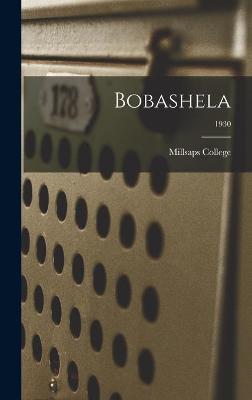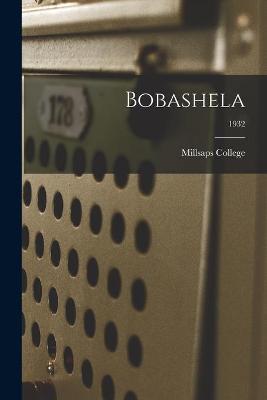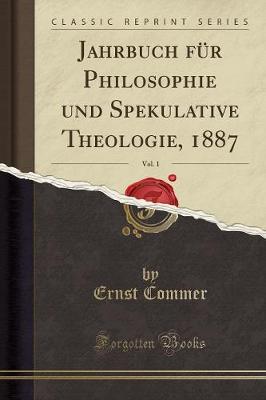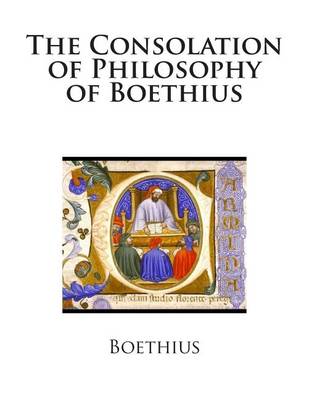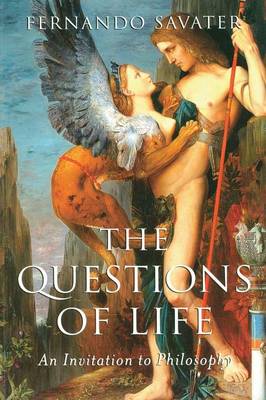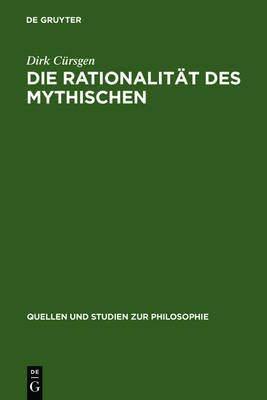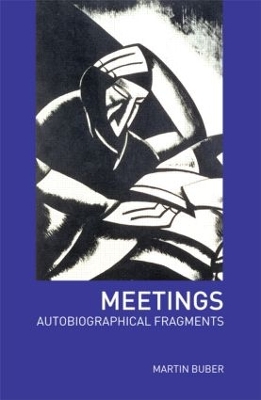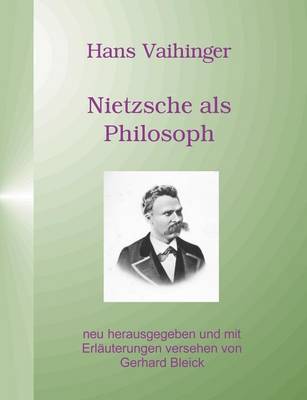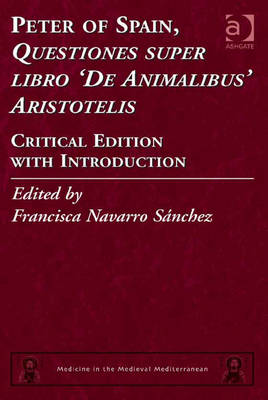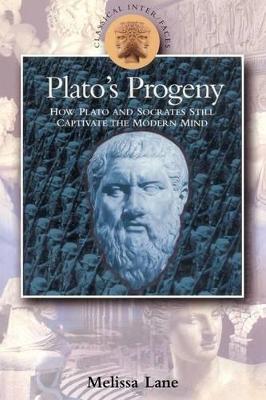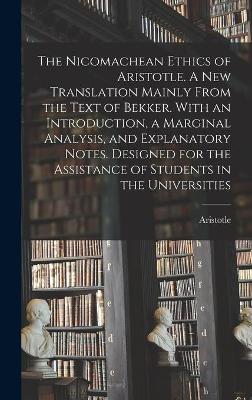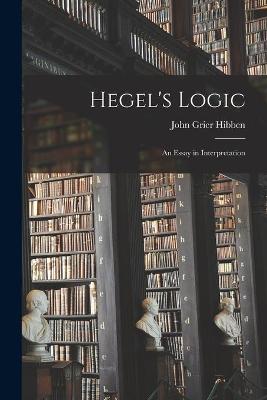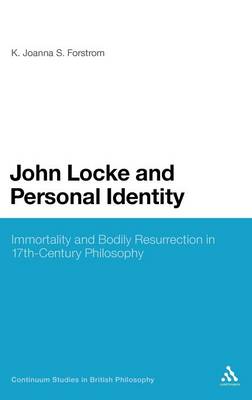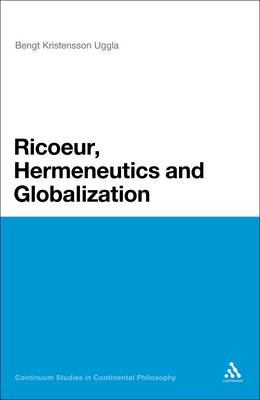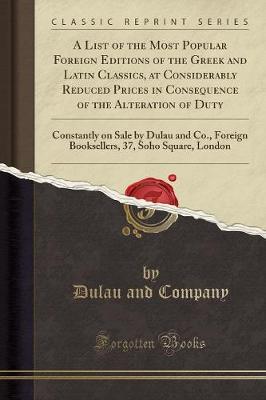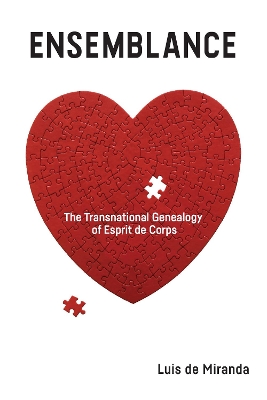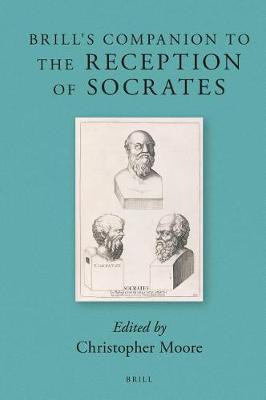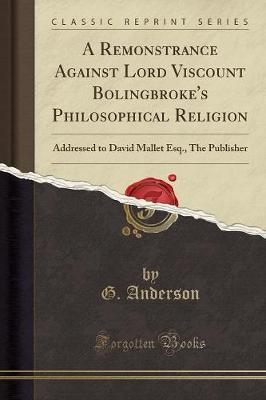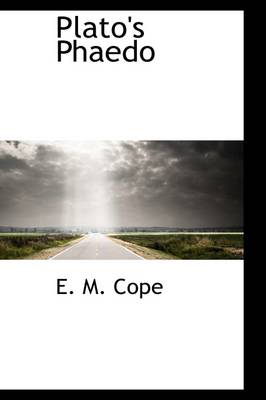Jahrbuch Fur Philosophie Und Spekulative Theologie, 1887, Vol. 1 (Classic Reprint)
by Ernst Commer
The book called The Consolation of Philosophy was throughout the Middle Ages, and down to the beginnings of the modern epoch in the sixteenth century, the scholars familiar companion. Few books have exercised a wider influence in their time. It has been translated into every European tongue, and into English nearly a dozen times, from King Alfreds paraphrase to the translations of Lord Preston, Causton, Ridpath, and Duncan, in the eighteenth century.
This book, by one of Spaina s most eminent philosophers, provides a lively and very accessible introduction to philosophy. Written for those who have no prior knowledge of the field, it reveals how the central problems of philosophy remain highly relevant to everyday contemporary life. Savater addresses the questions that we ourselves must face: what is this a Ia that I take for granted? What does it mean for me to be in the world? In what sense am I free? And how does the idea of death affect...
Die Rationalitat des Mythischen (Quellen und Studien zur Philosophie, #55)
by Dirk Cursgen
Die vorliegende Arbeit untersucht die Bedeutung des Mythos fur die Philosophie Platons und das nachplatonische, antike Denken. Dabei konzentriert sie sich auf den Schlussmythos der Politeia und den Kommentar des Neuplatonikers Proklos zu diesem Text. Auf dieser Grundlage sind ihr allgemeine Aussagen zu Funktion und Stellung des Mythos in der Philosophie moeglich. Anders als in vergleichbaren Publikationen wird der platonische Mythos weder historisch noch als Dialogelement isoliert. So kann sei...
Meetings sets forth the life of one of the twentieth-century's greatest spiritual philosophers in his own words. A glittering series of reflections and narratives, it seeks not to describe his life in its full entirety, but rather to convey some of his defining moments of uncertainty, revelation and meaning. Recalling the question on the infinity of space and time which nearly drove Buber to suicide at the age of fourteen, his adolescent 'seduction' by Nietzsche's work, his hero-worship of Ferdi...
Peter of Spain, Questiones super libro 'De Animalibus' Aristotelis (Medicine in the Medieval Mediterranean, #5)
This book presents an edition of the Questiones super libro `De Animalibus' Aristotelis, a work by one of the greatest philosophers and physicians of the 13th century, Peter of Spain (later Pope John XXI, 1205-1277). He took as the basis for his work the translation from the Arabic made in Toledo around 1220 by Michael Scotus which included three important Aristotelian treatises. Preceding the critical edition, Dr Navarro offers an introduction to the person and works of Peter of Spain, the inte...
Socrates wrote nothing; Plato's accounts of Socrates helped to establish western politics, ethics, and metaphysics. Both have played crucial and dramatically changing roles in western culture. In the last two centuries, the triumph of democracy has led many to side with the Athenians against a Socrates whom they were right to kill. Meanwhile, the Cold War gave us polar images of Plato as both a dangerous totalitarian and an escapist intellectual. This book is framed by accounts of modern respons...
The legacy of Simone de Beauvoir has yet to be properly assessed and explored. The 50th anniversary of the publication of The Second Sex inspired this volume, which brings together philosophers and literary critics, some of whom are well known for their books on Beauvoir (Bauer, Le Doeuff, Moi), others new to Beauvoir studies though long familiar with her work (Grosholz, Imbert, James, Stevenson, Wilson). One aim of this collection is to encourage greater recognition of Beauvoir's philosophica...
Heidegger's Unsaid Nietzsche explores the necessary terrain of untranslated and recently translated seminars (GA 46, the second text of GA 50, and GA 87) that have been largely excluded from the 1961 Nietzsche collection (GA 6). Not only have these seminars been omitted from scholarship into Heidegger's reading of Nietzsche and the Heidegger-Nietzsche relationship, but they represent what can be called Heidegger's "unsaid Nietzsche," in light of their obscurity, if all of Heidegger's other work...
John Locke and Personal Identity (Continuum Studies in British Philosophy)
by K. Joanna S. Forstrom
This landmark collection will explore the origins and foundations of music education across five continents. The introduction of music as a compulsory subject in schools is of unique significance for music educationists and researchers. However, their shared knowledge of this phenomenon is fragmentary and there is consequently a need for more comprehensive documentation and analysis of the foundational aspect of school music from a variety of international perspectives. Origins and Foundations o...
Ricoeur, Hermeneutics, and Globalization (Continuum Studies in Continental Philosophy)
by Bengt Kristensson Uggla
Ricoeur, Hermeneutics and Globalization explores the philosophical resources provided by Paul Ricoeur's hermeneutics in dealing with the challenges of a world framed by globalization. Bengt Kristensson Uggla's reflections start from an understanding of globalization as an 'age of hermeneutics', linking the seldom related problematic of globalization with hermeneutics through Ricoeur's concept of interpretation. The book proceeds to embrace lifelong learning as the emerging new life script of the...
Esprit de corps has played a significant role in the cultural and political history of the last 300 years. Through several historical case studies, Luis de Miranda shows how this phrase acts as a combat concept with a clear societal impact. He also reveals how interconnected, yet distinct, French, English and American modern intellectual and political thought is. In the end, this is a cautionary analysis of past and current ideologies of ultra-unified human ensembles, a recurrent historical and...
This four-volume set recognizes that philosophy in the ancient Greek world began as a universal science, inextricably linked with religion, literature and the special sciences. These themes and their protagonists are incorporated into the historical descriptions and arguments. It traces the history from its very beginnings, through Plato and Aristotle up until the 3rd century BC with the transference of scientific progress away from philosophy to its subordinate branches.
Brill's Companion to the Reception of Socrates (Brill's Companions to Classical Reception, #18)
Brill's Companion to the Reception of Socrates, edited by Christopher Moore, provides almost unbroken coverage, across three-dozen studies, of 2450 years of philosophical and literary engagement with Socrates - the singular Athenian intellectual, paradigm of moral discipline, and inspiration for millennia of philosophical, rhetorical, and dramatic composition. Following an Introduction reflecting on the essentially "receptive" nature of Socrates' influence (by contrast to Plato's), chapters addr...
A Remonstrance Against Lord Viscount Bolingbroke's Philosophical Religion
by G Anderson
